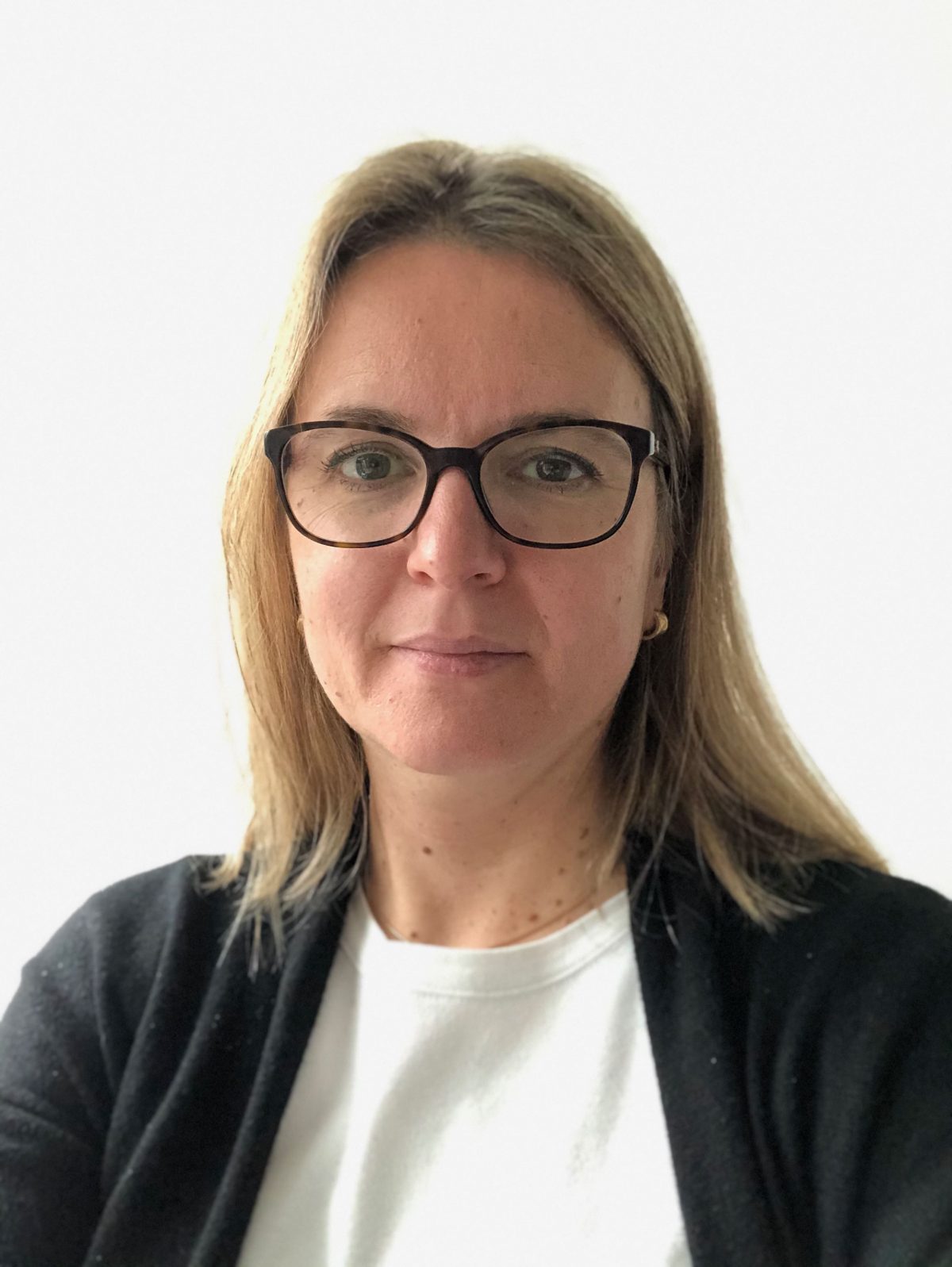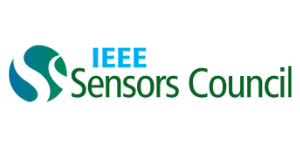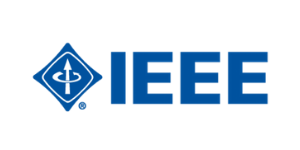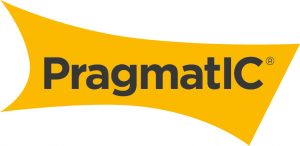Archives: Presenters
Boyi Hu
Boyi Hu serves as an assistant professor of industrial and systems engineering at the University of Florida since 2018 Fall. He received his Ph.D. degree from West Virginia University majoring in Ergonomics in 2016 and worked as post-doc research fellow at Harvard T.H.Chan School of Public Health 2016-2018. His research interests are Wearable Electronics, Biomechanics, Multi-sensory Fusion and Human Motion Analysis. He is an associate editor of IEEE Transaction on Human Machine Systems.
Jukka T. Hast received the M.Sc. (Tech.) and D. Sc. (Tech.) degrees in electrical engineering from the University of Oulu, Oulu, Finland in 1999 and 2003 respectively. He has in-depth technical knowledge of applied electronics and strong senior executive experience from managing extensive, international R&D projects with a strong commercial orientation. He is currently Research Manager of Sensing and Integration research area at VTT Technical Research Centre of Finland ltd. He is responsible for self – and jointly funded project portfolio which covers wide range of electronics hardware including photonics measurement techniques, printed and flexible electronics as well as biosensors and diagnostics. He is also actively working with several global stakeholder networks: Organic Electronics Association (OE-A) Board of Directors member, Photonics21, Energy Materials Industrial Research Initiative (EMIRI) PV & CSP working group and European Energy Research Alliance (EERA) photovoltaic solar energy programme.
Dae-Hyeong Kim
Dae-Hyeong Kim obtained B.S. and M.S. degree in Chemical Engineering from Seoul National University, Korea, in 2000 and 2002, respectively. He received Ph. D. degree in Materials Science and Engineering from University of Illinois at Urbana Champaign in 2009. From 2009 to 2011, he was a post-doctoral research associate at University of Illinois. He joined Seoul National University in 2011 and is currently a professor in School of Chemical and Biological Engineering of Seoul National University. He also has been serving as an associate director of Center for Nanoparticle Research of Institute for Basic Science (IBS) from 2017. He has been focusing on the research of nanomaterials and deformable devices and their application to bio-integrated and bio-inspired electronics. He has been recognized with several awards including George Smith Award (2009), Green Photonics Award (2011), TR 35 award (2011), Hong Jin-ki Creative Award (2015), SCEJ Award (2016), and Korea Young Scientist Award (2017). He was also selected as one of the highly cited researchers by Clarivate Analytics in 2018, 2019, and 2020.
Nanshu Lu
Dr. Nanshu Lu is currently Temple Foundation Endowed Associate Professor at the University of Texas at Austin. She received her B.Eng. from Tsinghua University, Beijing, Ph.D. from Harvard University, and then Beckman Postdoctoral Fellowship at UIUC. Her research concerns the mechanics, materials, manufacture, and human integration of soft electronics. She has been named 35 innovators under 35 by MIT Technology Review. She has received US NSF CAREER Award, US ONR and AFOSR Young Investigator Awards, 3M non-tenured faculty award, and iCANX/ACS Nano Inaugural Rising Star Lectureship. She has been selected as one of the five great innovators on campus and five world-changing women at UT Austin. She is named a highly cited researcher by Web of Science. For more information, please visit Prof. Lu’s research group webpage at https://lu.ae.utexas.edu/.
Prof. Tingrui Pan is a Professor in the Department of Biomedical Engineering at UC Davis. Leading the Micro-Nano Innovations (MiNI) Group, his research interests span a wide range of topics in bioengineering frontiers, including flexible and wearable technologies, lab-on-a-chip microfluidics, mobile health and personalized medicine. Prof. Pan has been known for inventing a new category of mechanical sensors, known as Flexible Iontronic Sensors (FITS), with the highest reported pressure-to-capacitance sensitivity and the largest signal-to-noise ratio, utilizing an elastic electronic double layer interface, both highly essential to dynamic wearable environments. Prof. Pan has authored over 100 refereed publications, received more than $20 million federal and private research funding, and held more than 20 US patents/patent applications. His translational activities lead to formation of multiple high-tech startup companies and more than 10 of his co-inventions have been successfully licensed. He is the founding Director of UC Davis Global Research and Education in Advanced Technologies (GREAT) Program, a flagship educational outreach program. Professor Pan is an elected Fellow of American Institute for Medical and Biological Engineering (AIMBE) and Royal Society of Chemistry (RSC).
Chunyi ZHI obtained Ph.D. degree in condensed matter physics from Institute of Physics, Chinese Academy of Sciences. After two years’ postdoc in National Institute for Materials Science (NIMS) in Japan, he was promoted to be ICYS researcher, researcher (faculty) and senior researcher (permanent position) in NIMS. Dr. Zhi is now a professor in MSE, CityU. Dr. Zhi has extensive experiences in flexible energy storage, aqueous electrolyte batteries and zinc ion batteries. He has published more than 300 papers with an h-index of 85 and other-citation of 23000 (ISI). He has been granted more than 80 patents. Dr. Zhi is Clarivate Analytics Global highly cited researcher (2019, 2020, Materials Science), RSC fellow and member of The Hong Kong Young Academy of Sciences.
Sharmistha Bhadra
Sharmistha Bhadra joined McGill University in 2016 and is currently an assistant professor. She has published over 65 papers and holds 2 patents in sensor area. Her current research interests are in the area of printed and flexible hybrid electronics, microelectronics, microelectromechanical systems, and sensors and actuators. Her research program at McGill University leverages conventional design and development tools as well as printed electronics technology to find cost effective and high performance innovative electronic technology. One of her concrete research goal is to use of printed and flexible hybrid electronics technology to develop high performance sensors and other basic electronic components.
Matti Mantisalo & Abhishek Singh Dahiya
Prof. Matti Mäntysalo received the D.Sc. (Tech.) degree in electrical engineering from the Tampere University of Technology, Tampere, Finland, in 2008. From 2011 to 2012, he was a Visiting Scientist with the iPack Vinn Excellence Center, School of Information and Communication Technology, KTH Royal Institute of Technology, Stockholm, Sweden. He is currently a Professor of Electronics with Tampere University. His current research interests include printed electronics materials, fabrication processes, stretchable electronics, sensors, and the integration of printed electronics with silicon-based technology (hybrid systems). He has published over 100 papers. He is active in IEEE, IEC, and Organic Electronic Association. He was a recipient of the Academy Research Fellow Grant (2015-2020) from the Academy of Finland. He has awarded by Nokia Research Center from the first inkjet printed GSM baseband integration.
Dr Abhishek S. Dahiya is a research associate at the BEST group in the School of Engineering at University of Glasgow. He has received his Ph.D. from the GREMAN laboratory, Université François Rabelais de Tours, France in 2016. He performed his postdoctoral work at the GREMAN laboratory (2016-2017), the University of Bordeaux (ICMCB/CNRS) (2018-2019), and at the IES CNRS/Université de Montpellier (2019-2020) in France. He has published 28 high-impact research articles in leading journals and 1 US patent. His research interest covers synthesis of nanomaterials, printed and flexible electronics, energy harvesting, and semiconductor device physics.
Krishna Persaud
Krishna Persaud, PhD, FRSC, FInstMC, graduated with BSc Hons Biochemistry at the University of Newcastle-upon-Tyne, UK in 1976, MSc in Molecular Enzymology at the University of Warwick,UK, in 1977 and a PhD specialising in olfactory biochemistry in 1980. He subsequently worked at the University of Newcastle-upon-Tyne, University of Pisa and the Medical College of Virginia extending his knowledge in the Chemical Senses. He was appointed lecturer in Instrumentation and Analytical Science at UMIST, Manchester, UK in 1988, and progressed to his current position of Professor of Chemoreception at the University of Manchester, Department of Chemical Engineering and Analytical Science. He has been involved in research in chemoreception, crossing disciplines from biological aspects of olfaction to sensor arrays, electronics, signal processing and pattern recognition, and commercial development of artificial olfaction technologies. He has been involved in the development of gas sensor arrays for sensing odours based on conducting polymers that became commercialised by Aromascan plc, and is currently a director of Multisensor Systems Ltd. He has had a wide number of external activities such as Exchange Coordinator for the GOSPEL Network of Excellence, Committee member of the NOSE II forum, Executive secretary and Treasurer of the European Chemoreception Organisation (ECRO), and President of the International Society for Olfaction and Chemical Sensing (ISOCS). He has been an associate editor for a number of journals that include Materials Science and Engineering C, Biochemical Journal, IEEE Sensors Journal, Sensors and Actuators B. He has received a number of awards that include the Prince of Wales Award for Technological Innovation Certificate 1995, European Space Agency Certificate of Achievement in 1997, Silver Medal Royal Academy of Engineering, 1999, Water Industry Impact Award 2015. He has over two hundred and fifty publications in the field of chemical sensing.


















